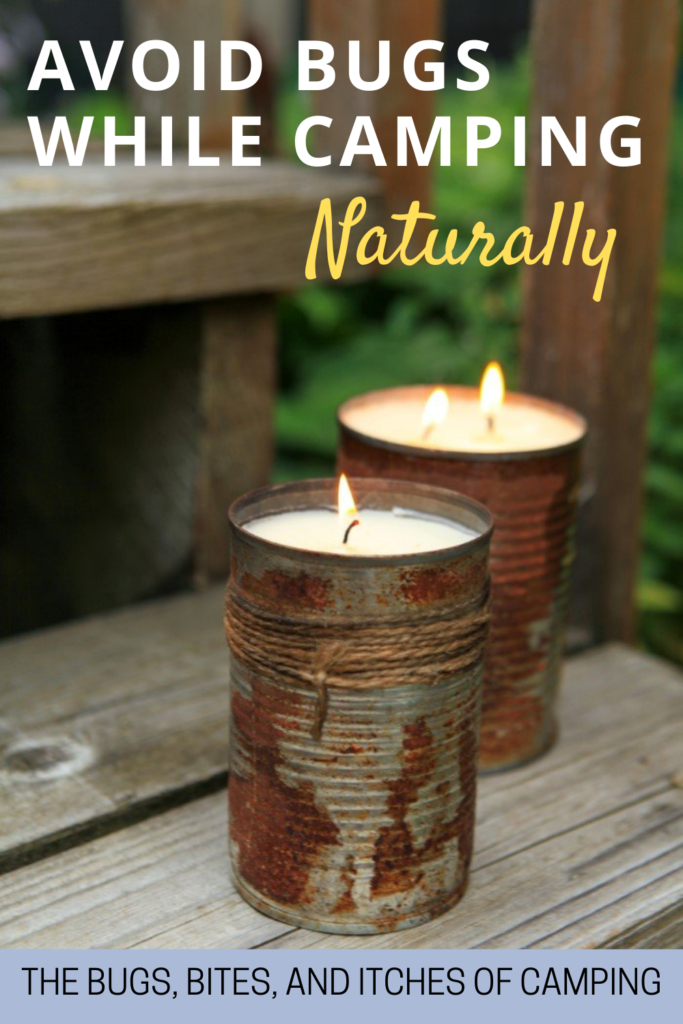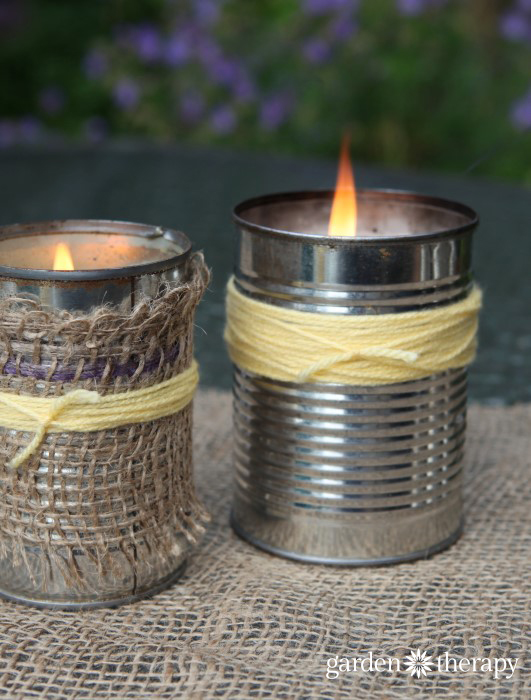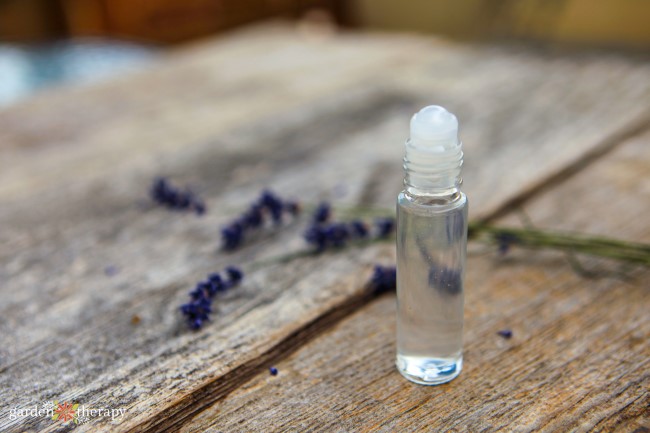Mosquitos, flies, ants, wasps, spiders, moths…bugs can sure be a pain when it comes to camping. Of course, being in the outdoors we are guaranteed to come across many bugs. After all, we are the ones visiting their homes! But sometimes they can get a little overwhelming, especially when they come to bite us or are attracted to our food, and it is nice to avoid bugs while camping if possible.
Fortunately, there are plenty of tricks we can use to deter bugs from our campsites and to have an enjoyable bug-free trip in nature. This guide gives you some insight on how to avoid bugs while camping and what to do if you get a bug bite.

How to Avoid Bugs While Camping
Choose the Right Site
Some places are going to have more bugs than others. However, you may be able to reduce bugs on your trip simply by picking the right spot at the campsite. While being close to bathrooms and garbage bins is convenient, they are also major attractors to bugs. In addition, bugs are going to want to be in bushy areas, tall grass, and by stagnant water. Consider these things when selecting your campsite.
Wear Fragrance-Free Products
Perfumes, laundry detergent, lotion, sweat…you may have more scents on you than you realize. Mosquitos actually find us by smelling us out, with some fragrances actually attracting them instead of repelling them. To avoid attracting mosquitos and other bugs, avoid wearing anything with additional fragrances. Instead, opt for fragrance-free soaps, deodorant, lotions, suncreen and anything else you may be putting on your skin while camping.
Keep a Clean Campsite
Notice how there are tons of bugs every time you take out the trash or recycling? It comes as no surprise that insects are attracted to fermented smells. To prevent attracting bugs to your campsite, keep it clean. That means cleaning up any dirty dishes right away and properly storing away all garbage and beverage cans. Put beer and soda cans somewhere with a lid or in the car as they are very attractive to bugs (and don’t forget to check them every time you take a sip in case a bug has wandered in). Overall, you should always be a responsible camper and respect your campsite by keeping clean!
Create a Bug-Free Space
While it’s inevitable that a few bugs will slip by, it is possible to keep a relatively bug-free space while camping. If you’re in a tent, always make sure to zip up the zipper completed closed every time you step in or out. Even if it is open for a few minutes, sneaky bugs can get in. You can also create an outdoor space that is bug-free to hang out in during the day with a screen house. These are pop up tents with a roof to shelter you from rain and the sun, with mesh siding that you zip in and out of. If you are going camping in a place that you know has tons of mosquitos or black flies, this is a worthwhile investment to get some peace from the pesty bugs.
Burn Citronella Candles
Do you like the smell of citronella? I find some people love it while other people hate it. One thing I know for sure is that mosquitos are definitely on the hate side. Whenever I go camping, I always bring some citronella candles to burn whenever we are hanging out at the campsite. In fact, I actually make my very own citronella candles in an upcycled can. You can follow my tutorial here on how to make them yourself.

Pack Bug Spray
Store-bought bug spray does not agree with my skin. The horrible smells along with the deet and other chemicals do little for me and oftentimes are ineffective at repelling mosquitos. I created an all-natural bug spray recipe that I use every time I go camping. It’s easy and super quick, only taking about a minute to put together once you have all the ingredients. Harvest the power of plants all while keeping those annoying mosquitos away.
Cook With Natural Bug Deterrents
Did you know there are some cooking ingredients that bugs don’t like? Just like vampires, garlic is a big no from insects. In addition, rosemary and basil are excellent things to cook with. Next time you get the stovetop cooking or the campfire going, cook with these ingredients to keep bugs away during dinner time.
Watch What You Wear
Your clothes can actually make a huge difference in attracting bugs! Bugs favourite colours are blue, orange, yellow, and black, so you’ll get a leg up by avoiding wearing these colours. Light colours also make it easier to spot ticks and other dark insects which is why it’s a popular choice with hikers.
Beyond the colour of your clothes, you also will want to choose clothes with tight cuffs. If you’re out on the trails, wear a hat and a bandana around your neck. This will stop bugs from sneaking into your clothing and crawling up your neck, arms, and legs.
How to Relieve Bug Bites
Figure Out What Bit You
First things first, where did this bite come from? While you won’t always be able to tell, try your best to figure out where the bite came from. A mosquito bite, although annoying, is usually nothing to be concerned about. Other bites, however, may spark a different reaction. If you know where the bite came from, you have a better chance of properly treating it.
Understand Everyone’s Allergies
Allergies are the number one thing you want to look for after someone has been bitten. Before you go camping, ask if anyone has any allergies that everyone should know about. Bees and wasps are a common allergen and some people may even require an EpiPen to treat it. If this is the case, make sure everyone knows how to use it.
Signs of allergies include hives or a rash, difficulty breathing, tightness in the chest or throat, and swelling of the face, neck, or tongue. Be sure to have Benadryl or another allergy medication in your first-aid kit.
Use After-Bite Roll-On
While prevention is key, you are almost guaranteed to at least get a few bug bites. Some people may have the willpower to not itch, but I don’t know how they do it! For me, I need some kind of relief to reduce inflammation, redness, and itchiness. All-natural, I make an after-bite that harnesses the power of lavender. This handy little roll-on bug bite remedy is perfect to carry around with you on a hike, while fishing, or in your back pocket at the campsite.

Be Wary of Ticks
Unfortunately, ticks and Lyme disease are a very real concern for us campers. I used to think that putting on bug spray and a hat were enough prevention, but there’s a lot more to it. By learning more about ticks, you become a more responsible camper and prevent Lyme Disease. To begin, check out this tick and Lyme Disease guide. It tells you how to prevent tick bites, how to do a tick check, and how to remove a tick.
When it comes down to it, bugs are part of the outdoors. If you’re going camping, you’re going to be hanging out with some bugs. Most are harmless but it’s important to know how to avoid bugs while camping and how to handle a bug bite. I hope this guide has been of help and you can enjoy your next camping trip with fewer bugs!


 Camping in the Rain: How to Stay Dry and Have a Good Time
Camping in the Rain: How to Stay Dry and Have a Good Time

[…] that you may need while you’re camping. Try to include some lip balm for those chapped lips, insect repellant for pesky mosquitoes, and sunscreen for lazy summer […]